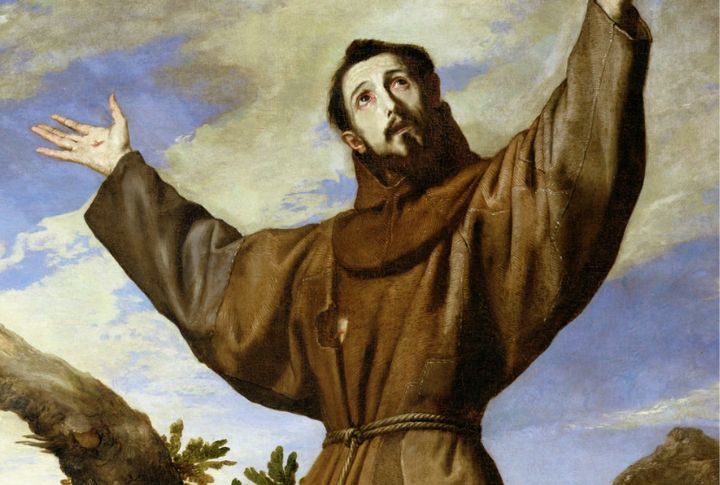
Medieval Europe was a world of crowns and battles—but some individuals used their devotion to shape kingdoms and influence history in ways few expected. Their actions rippled across politics, law, and society, intertwining spiritual authority with real-world power. Discover the remarkable impact of these figures and explore the full list of saints who transformed Europe.
St. Martin Of Tours
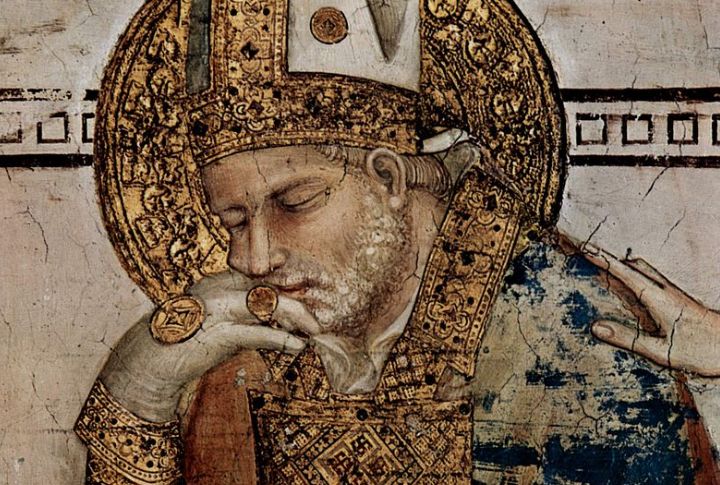
After leaving the military to become a monk, St. Martin of Tours played a key role in spreading monasticism across Gaul. His cloak, or “cappa” in Latin, became a sacred relic and inspired the word “chapel.” In medieval Europe, his feast day was marked with food and festivities.
St. Benedict
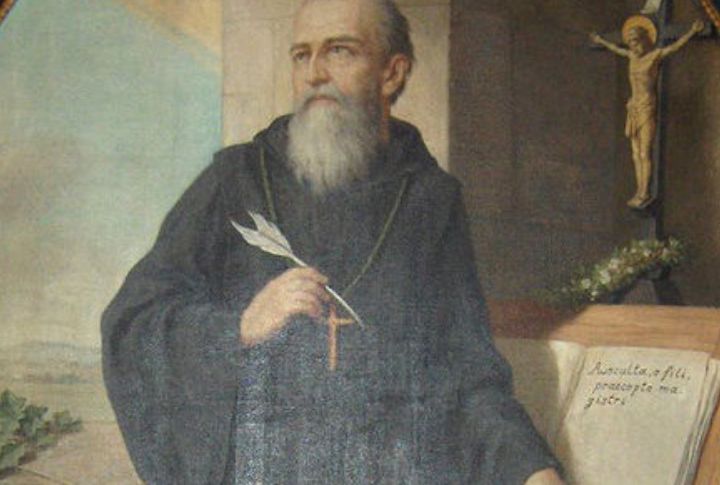
St. Benedict set the stage for Western monastic life. At Monte Cassino, he founded his famous monastery and created the Benedictine Rule. Monks who followed it served as trusted teachers, and their influence stretched even into royal courts. His rule guided daily life for centuries, influencing both faith and learning across Europe.
St. Clare Of Assisi
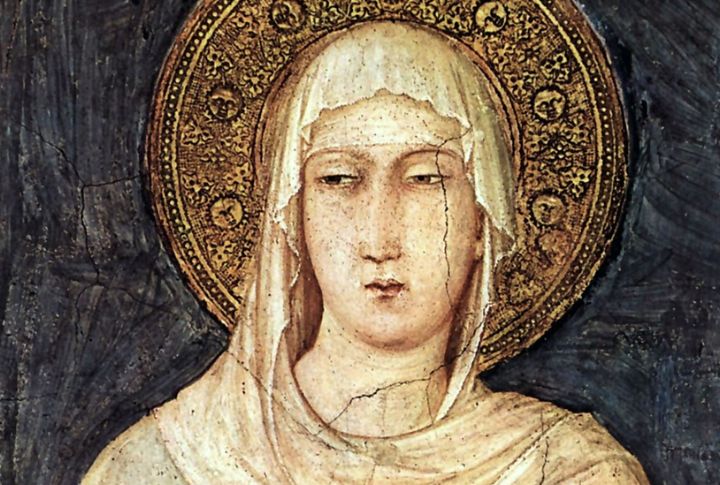
Clare of Assisi founded the Poor Clares, a convent devoted to strict poverty and faith. She resisted pressure from popes to ease her vow of poverty. Her convent was so respected that prayer reportedly protected it from invading soldiers. She later became the first woman to write a monastic rule, and noblewomen across Europe looked to her as an example.
St. Francis Of Assisi
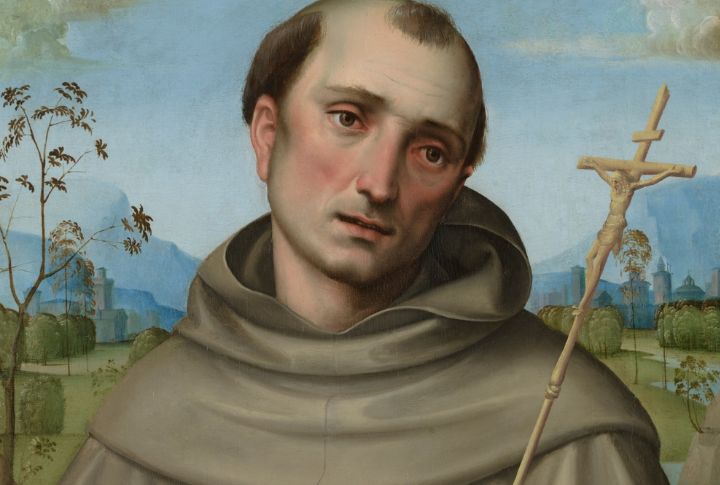
By giving up wealth and leaving behind family ties, St. Francis of Assisi embraced a life of poverty and went on to found the Franciscan Order. His preaching extended also to birds and animals and made him famous for compassion toward all creation. Later, he received the stigmata, a sign that confirmed his devotion to faith.
St. Catherine Of Siena
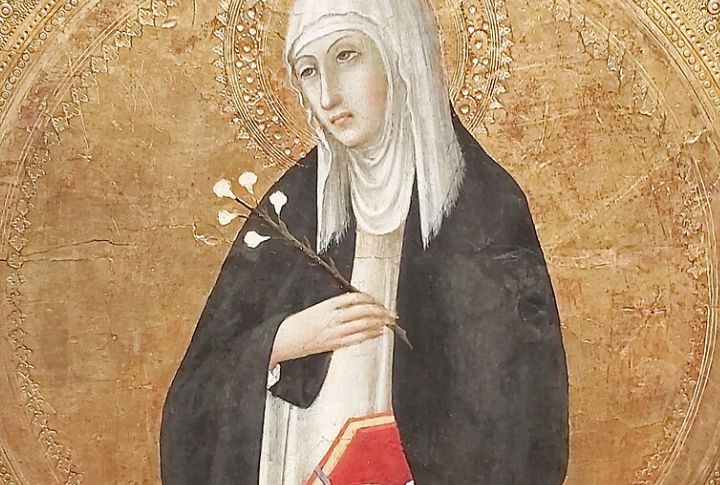
The push to end the Avignon Papacy and restore the papal seat to Rome came through the urging of St. Catherine of Siena, who advised Pope Gregory XI directly. Although she lived as a laywoman, the Church later declared her a saint. Also, her writings and counsel helped Catherine stand out in a silenced age.
St. Thomas Becket
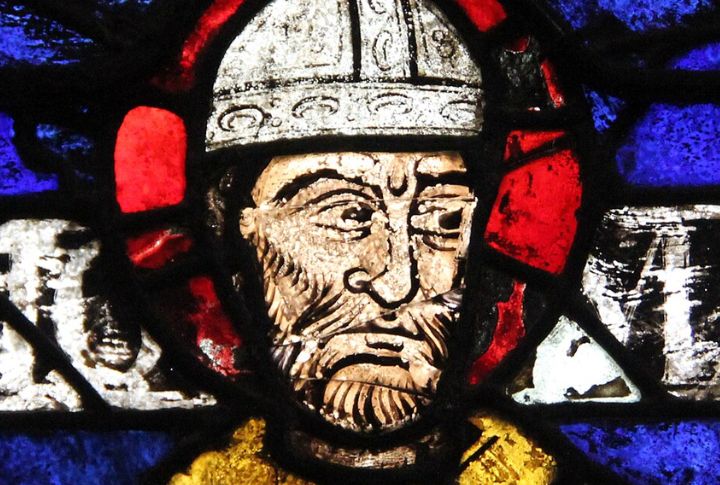
Thomas Becket served as Archbishop of Canterbury and is noted for opposing King Henry II on Church rights. He was murdered inside Canterbury Cathedral by the king’s followers. After his martyrdom, however, a shrine at his tomb drew pilgrims, many even reporting miracles, making Becket’s end a turning point in Church history.
St. Hildegard Of Bingen
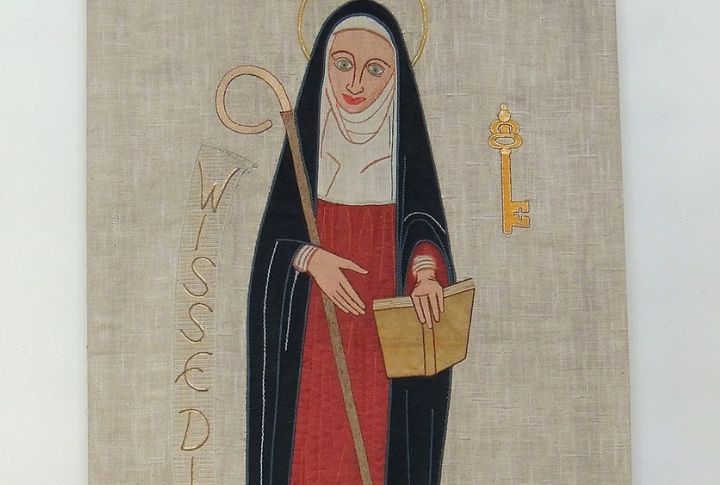
Gifted as both poet and composer, Hildegard of Bingen also wrote saints’ lives and natural history studies marked by careful observation. Her correspondence included prophecies and allegories that influenced many readers. For recreation, she also invented a language of her own, a rare achievement in her medieval context.
St. Louis IX
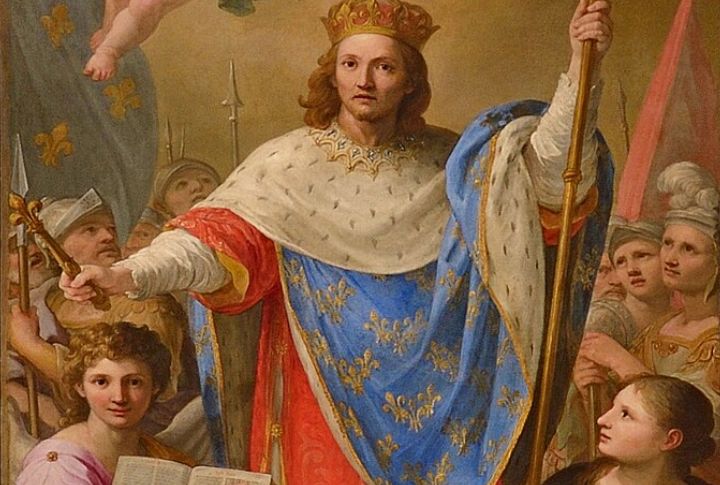
Louis IX, the only French king ever canonized, ruled with fairness and wisdom, particularly in matters of justice that helped peasants and townsfolk. His reign brought reform, growth, and stability, and he secured peace with Henry III by abandoning claims to Catalonia and Roussillon.
St. Bridget Of Sweden
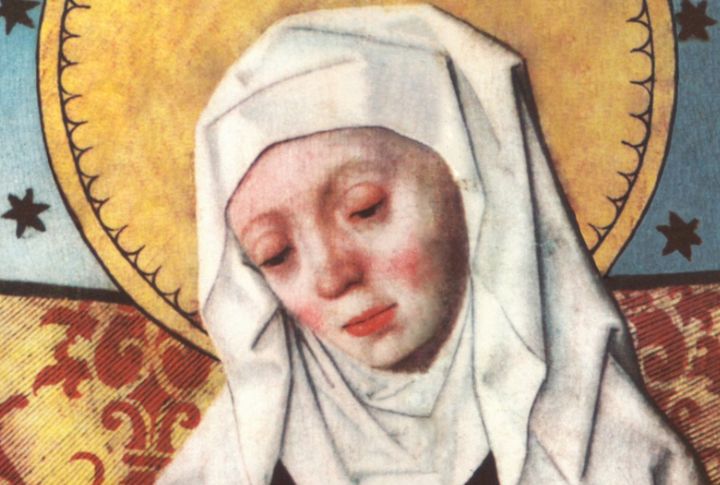
Powerful visions urging reform inspired the creation of the Bridgettine Order, which gave Bridget of Sweden a clear path to carry out her mission. She cared for both rich and poor, offering shelter to the homeless and compassion to sinners. In 1999, Pope John Paul II honored her as one of the patron saints of Europe.
St. Anthony Of Padua
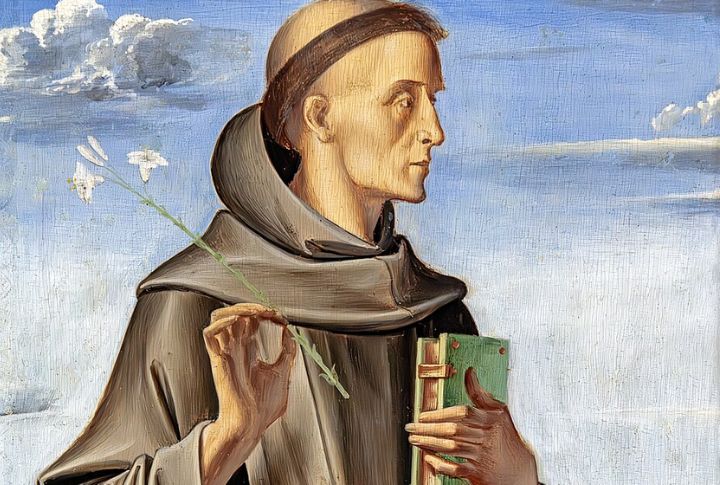
St. Anthony of Padua, canonized within a year of his death, became celebrated for helping people locate lost items. A distinguished Franciscan preacher, his teachings inspired many with their simplicity and depth. Every June, Lisbon honors his legacy with a lively festival culminating on the 13th.

